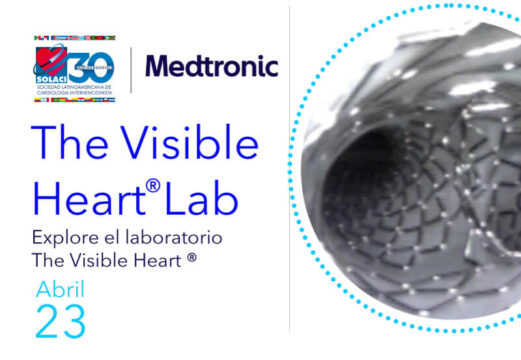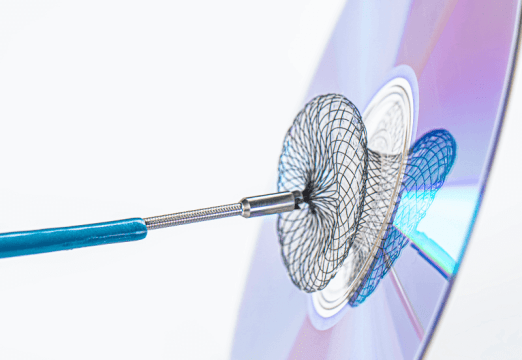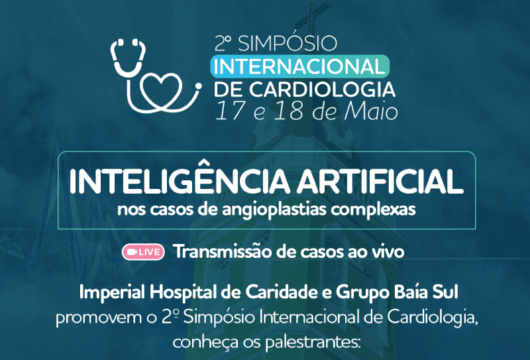Courtesy of Dr. Carlos Fava.
Edge to edge with MitraClip was shown effective and safe, and its outcomes have been improving over these past few years. However, one of its greatest challenges involves not being able to reduce mitral regurgitation (MR) after device implantation, resulting in the need for surgery, as some studies have shown (such as the EVEREST, among others). A transcatheter therapy, should it be feasible, safe and effective in the long term, would make an excellent alternative.

The present study looked at 9 patients of mean 78 years of age that had evolved with severe symptomatic MR after MitraClip therapy with AMPLATZER Vascular Plug II.
The procedure was successful in all patients, with significant reduction of post-procedural MR (4+ to 1+ p=<0.0001). At 30 days, no patient presented complications or mitral stenosis.
At 155 days, all patients improved functional class, not one required surgery, with no device embolization or hemolysis.
Read also: Physiological and Clinical Changes After Tricuspid Repair.
Conclusion
For patients presenting significant residual MR after MitraClip, this technique could be effective and safe when the device is deployed in only one segment on the left atrial side of the mitral leaflets.
Commentary
This strategy seems promising, but we should bear in mind this is a first, and operators require vast experience (interventionists, ultrasound specialists and other team players). Further research is needed, seeing as the EVEREST II and other studies have shown improved functional class and no mortality increase with surgery in this scenario.
Courtesy of Dr. Carlos Fava.
Original Title: Transcatheter therapy for residual mitral regurgitation after MitraClip therapy.
Reference: Hiroki Niikura, et al. EuroIntervention 2019;15:e491-e499.
Subscribe to our weekly newsletter
Get the latest scientific articles on interventional cardiology
We are interested in your opinion. Please, leave your comments, thoughts, questions, etc., below. They will be most welcome.





